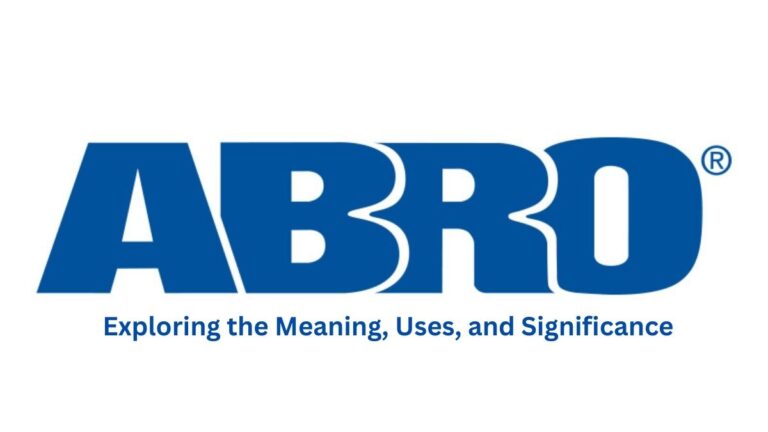How to Deal with Debt without Using Your Savings
The problem of deal with debt without using your savings confronts most people. More often than not, owing loans, credit card bills, and other forms of debt may put pressure on them to withdraw their savings, which actually compromises their financial security. However, both debt repayment and saving are equally important features of personal financial health. Rather, the key to success lies in seeking strategies that will help you manage your debt without breaking into your savings. With such a strategy, you surely can work your way up to financial stability while decreasing the burden of debt over time.
Prioritize High-Interest Debt
The most efficient manner of deal with debt without using your savings is by prioritizing high-interest debt first. High-interest debts are those that emanate from credit cards or payday loans and tend to accumulate rather fast. You could focus on such debts in order to reduce the interest amount paid over time, increasing your capacity to save more money. Once high-interest debt is brought under control, it will be much easier to handle all other forms of debt while continuing to put money into your savings account. This would help you balance killing expensive debt with securing your financial future.
Setup a Debt Repayment Plan
Putting in place a structured plan for the repayment of debts is the most important step in the process of dealing with debt problems without compromising on one’s savings. To begin with, make an assessment of all your debts, be those academic loans, credit cards, or personal loans, and list these in sequence of the interest rate and terms of the loan. In this way, you set up a clear repayment schedule so that you are steadily working your way toward being debt-free. A plan will also help you avoid inconsistent payments or overextending yourself, perhaps having to tap into your savings. Follow your plan and revise it as need be while your finances change throughout the course of time. This will ensure long-term success.
Emergency Fund
Even in the process of paying off debts, it is necessary to maintain an emergency fund. The emergency fund is that which provides a cushion when an incident that would require immediate spending arises-for example, medical bills or car repairs-or even the loss of a job. Without an emergency fund, you may rely on credit, further increasing debt. Ideally, you should be stashing three to six months’ worth of living expenses in an accessible account. This cushioning effect protects from financial emergencies that can knock you off your feet, allowing you to avoid additional debt when surprise costs arise.
Find Ways to Lower Debt Payments
Another option for debt without sacrificing savings could be to explore options for reducing your monthly debt payments. Refinancing or consolidating loans can sometimes lower interest rates, thus lowering the monthly payments and freeing up flexibilities within your budget. You may work with a mortgage broker to refinance your home loan at a lower interest rate in order to free up money for savings. You can also negotiate with creditors for longer payment periods or reduced interest rates. In this way, your debt burden will be softened, and you will be able to sustain the rhythm of saving in addition to paying your debt.
Automate Your Savings
While you pay your debt, you are not supposed to forget or overlook saving. It’s quite easy and effective to automate the contributions towards your savings. Set up an automatic transfer every month from your checking account into some kind of savings account, even if it’s only a small amount. This way, you will be putting some savings money away regularly and won’t be tempted to forgo savings contributions for debt service. In time, small contributions add up and help in creating a financial safety net. Automation of savings also reduces the psychic drag of deciding every month whether to save or pay off debt, because you will know that you save something and you’ll feel balanced with your habits.
Consider Side Income to Boost Your Budget
If managing debt feels overwhelming or if it’s causing you to sacrifice savings, consider seeking additional income sources that give your budget a boost. A side job, freelancing, or even the sale of items you do not need can bring in more money to be divided between debt and savings. By bringing in more money-even temporarily-you’ll be able to quicken up the payoff timeline for your debt while still able to keep growing your savings. It relieves the stress of a tight budget and frees you from having to make uncomfortable choices between debt and savings.
While the task is a tall order, deal with debt without using your savings can be pulled off with a suitable balance. With a focus on high-interest debts, establishing a repayment method, and having an emergency money reserve handy, you’re better off attacking debt while securing your financial future. Additionally, reductions in debt payments and automation of savings will help keep you on track without depleting your resources in the process. Merging these approaches with increasing your income might provide a workable and sustainable way out of debt while continuing to grow your savings.







